Should rock climbers run?
Does running have any training benefits for rock climbers, or does it just distract you from your goals at the crag?
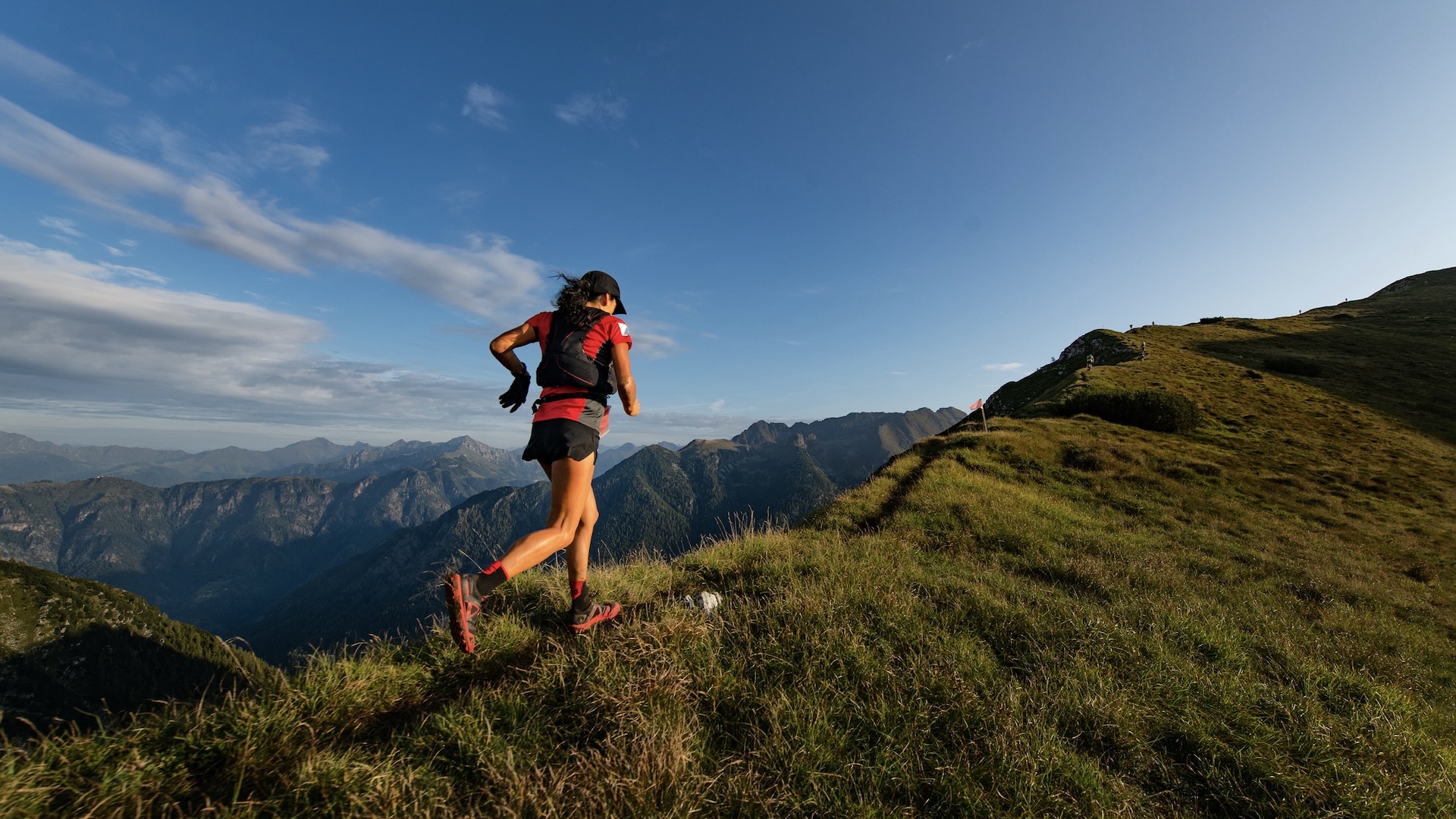
All the latest inspiration, tips and guides to help you plan your next Advnture!
You are now subscribed
Your newsletter sign-up was successful
If you’re trying to get better at bouldering or rock climbing, there are a few things you’re almost definitely doing – hangboarding to improve your finger strength, yoga to increase your overall mobility and a lot of time actually climbing. But what about branching out into endurance sports? Should rock climbers run?
Whether you’re hitting the mountain in your best trail running shoes or donning road running shoes to cruise the tarmac, you’d be right in thinking that climbing and running don’t have much in common. Climbing requires full-body strength and involves usually short bursts of dynamic movement, whereas running focuses on more sustained cardiovascular activity that, for the most part, moves your body in a repetitive and near-uniform way, largely using only your lower body. So can the latter really benefit the former?
I am both a trail runner and a rock climber, and I have lots of friends who also straddle both of these activities, but I’m aware that doing both can be considered a little controversial. Most people who want to get really good at climbing will spend as much time as possible in their climbing shoes at the crag, and those who want to run a marathon or improve their running pace will spend more time on the roads and trails.
I run and climb because I really enjoy both sports, but I don’t really have any intention of ever competing in either, so perhaps that’s why I’m so democratic between the crag and the trail. However, it occurs to me that if you’re a more competitive climber, you might be wondering whether running is a good idea for you to improve your fitness, or whether it just gets in the way of your goals so here I lay out some pros and cons of running for rock climbers.
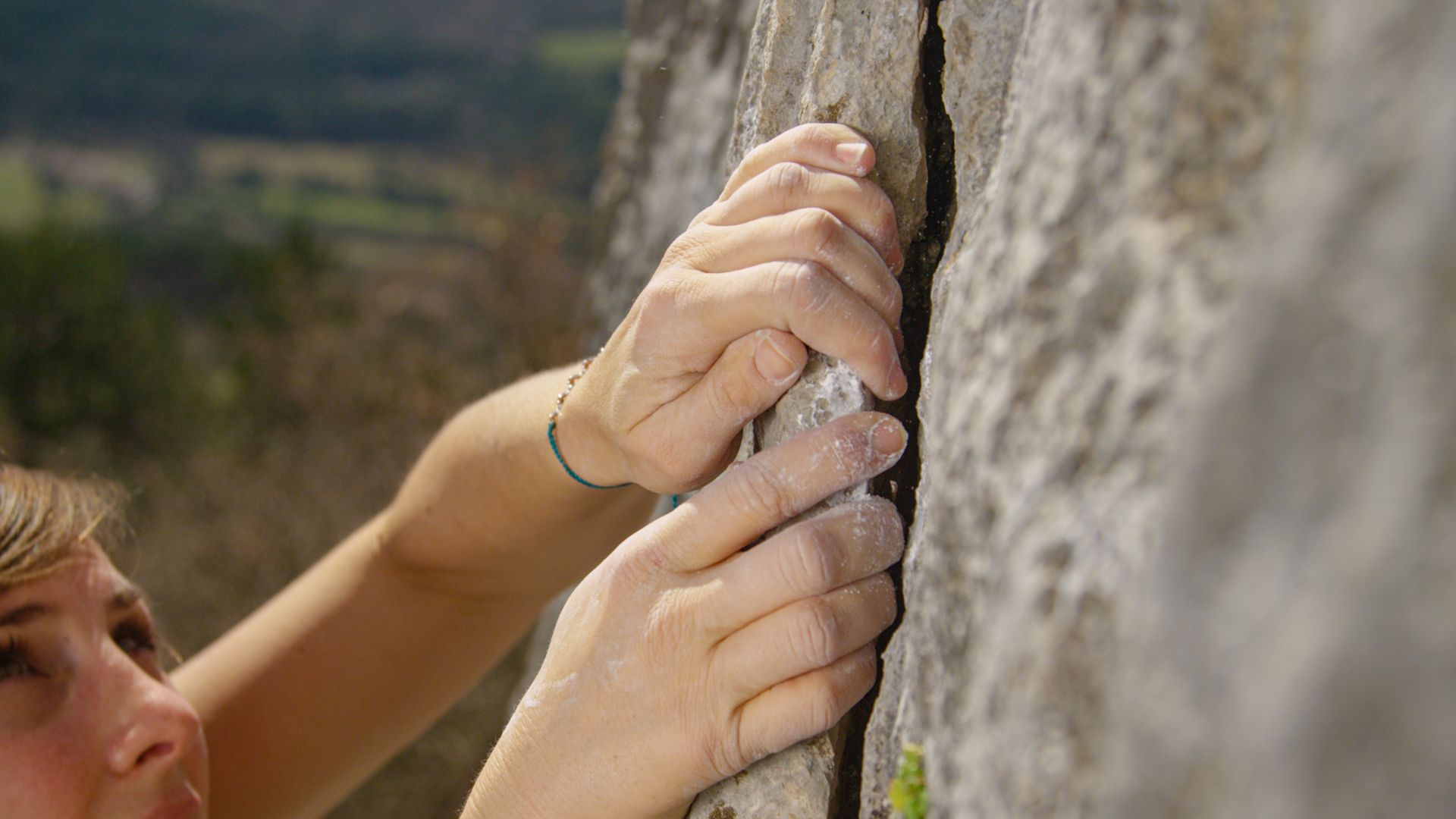
Pros of running for rock climbers
As I mentioned before, climbing and running don’t share a lot in common when it comes to their physical demands, and there’s little evidence that the type of leg strength you gain from running will really help you get that boost on a power move at the climbing wall (though perhaps it could). Rather than think of running as a supportive training tool for climbing, you can quite reasonably consider it to be a form of cross training, where you’re just training things that don’t get as much attention when you’re climbing.
In fact, though I love the creative problem-solving aspect of bouldering as well as the physical challenge, one of the reasons I recently got back into it after a long break is that it makes great cross training for me as a hiker and runner. My foot sport activities help my lower body stay pretty strong, while climbing is a really fun and dynamic way to keep my upper body robust as I age.
If you’re a climber, you probably have a really strong upper body and core, and maybe even strong legs, but running could fill in some gaps when it comes to general fitness and cardiovascular conditioner and in that way it might complement the really specific training you do at the climbing wall.
All the latest inspiration, tips and guides to help you plan your next Advnture!
It can also make for a great way to stay active on your rest days because it doesn’t rely much at all on upper body strength. Chances are that you need to take days off from climbing to give your fingers and arms a break and make sure you don’t fall into the trap of overtraining. On these days, you might be able to head out on a run and find that your legs are actually pretty fresh.
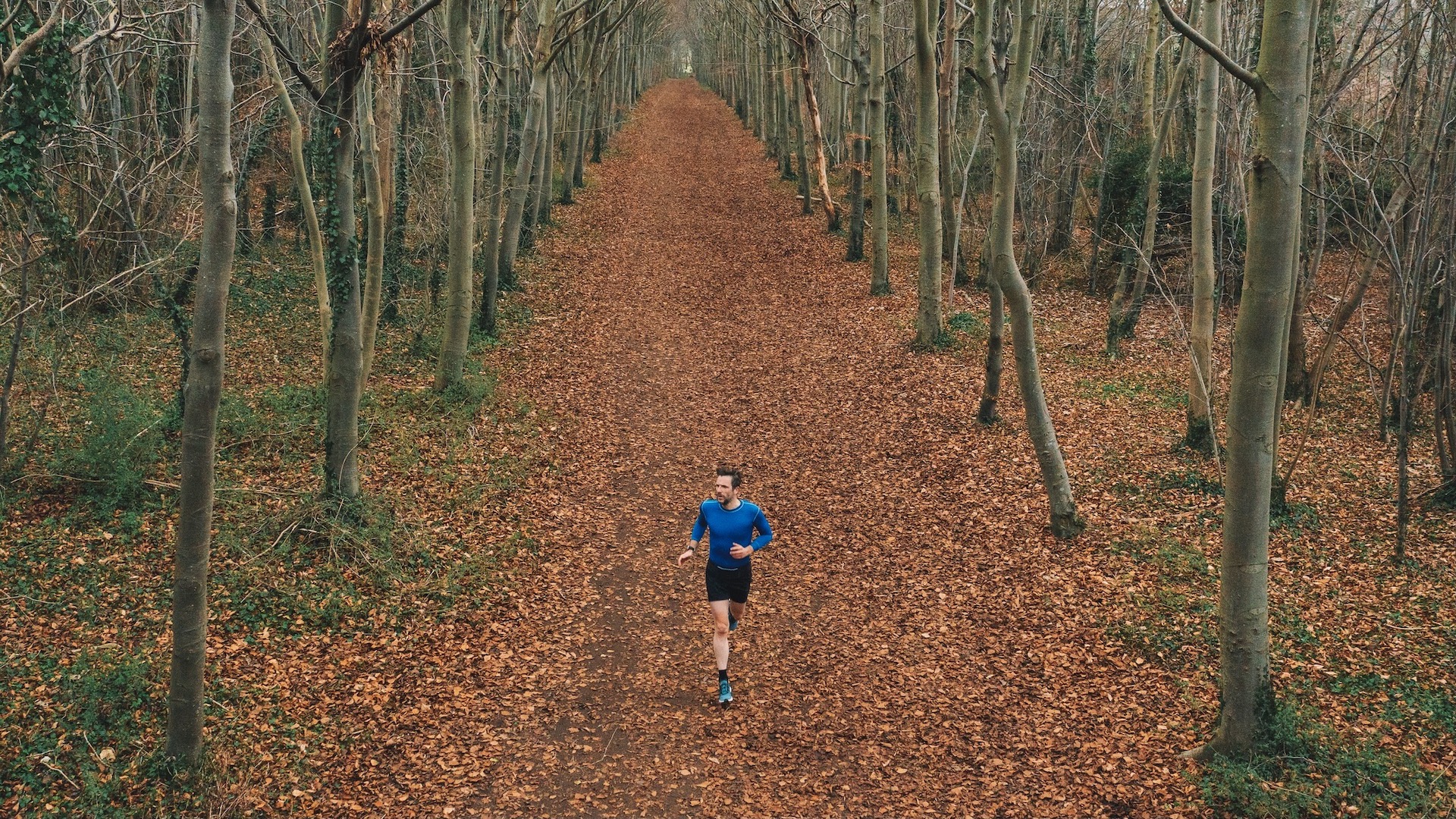
Furthermore, for a lot of climbing routes and of course on bouldering problems, you only climb for short periods before taking a break. Your heart rate definitely gets up, but typically only for a few seconds or minutes. Running, on the other hand, is an activity you typically do for longer, sustained periods, and it is a great way to build up cardiovascular strength, physical and mental stamina and improve your VO2 max, which could actually help you to become a better climber in the long run, especially if you dream of moving onto longer cracks, multi-pitch climbs, free soloing if you’re so inclined or climbing comps.
In a more subtle sense, climbing and running actually do have something in common, and that’s that they can both be really meditative and have both been strongly implicated in mental health. That doesn’t mean that you have to necessarily do both of them, but if you’re a climber and you’re looking for another activity where you can clear your head and get into the zone, consider running.
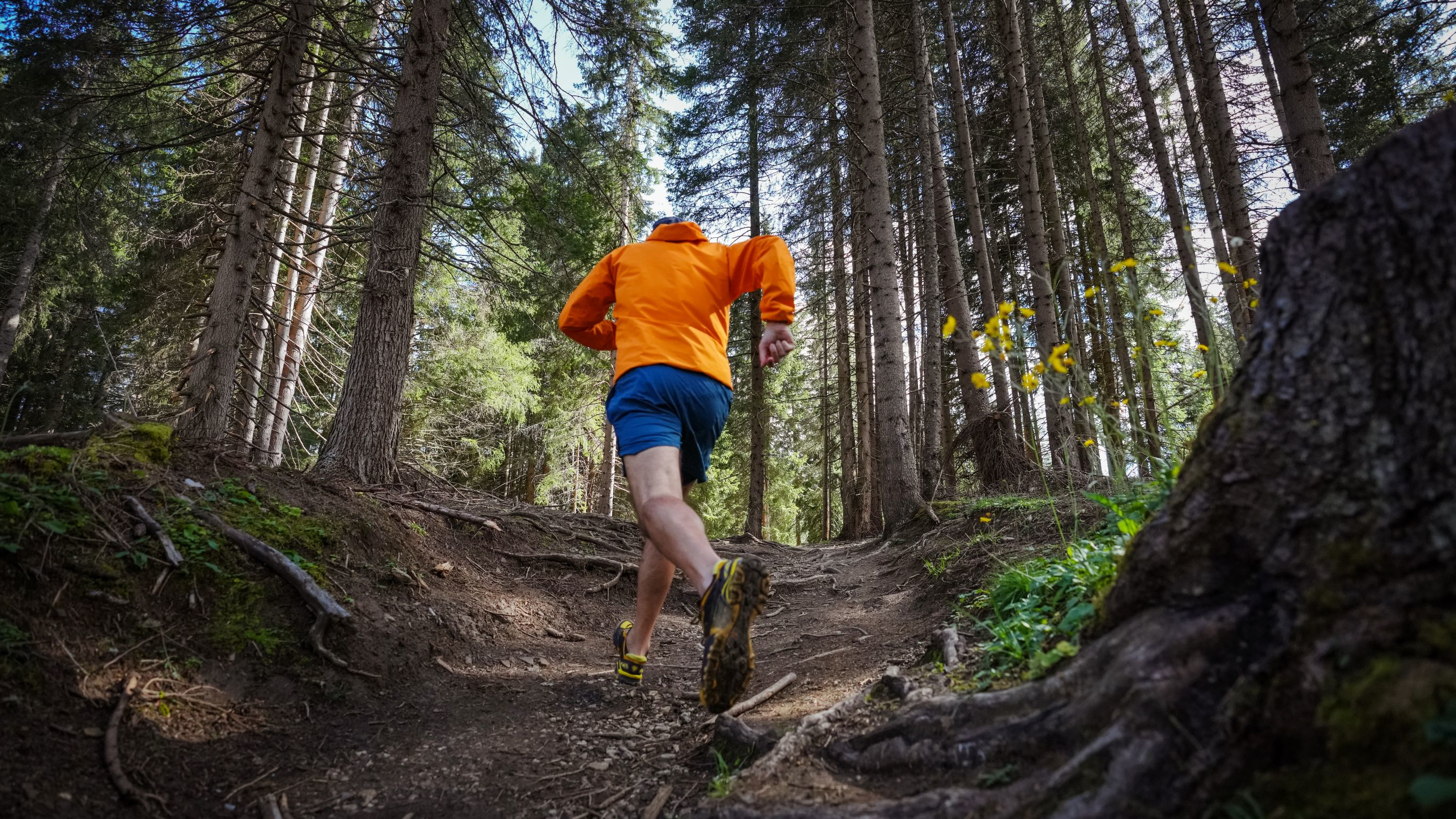
Cons of running for climbers
The main reason that I can think of for not running as a climber – except for if you hate running, of course – is that it could cut down on the amount of time you spend climbing without actively strengthening key areas for climbing. There’s a good chance that you have to work for a living and you might have a family too and that probably all means that you already feel as though your time spent climbing is more limited than you’d probably like.
Adding running into the mix could potentially cut down even further on how much time you can spend climbing. The principle of specificity in training states that your training tactics should essentially mimic the movements and actions that you need to improve on to excel at your chosen sport. In other words, if you want to get better at climbing, do more climbing.
Devoting a couple of hours a week to running could detract from your climbing goals. This would especially be the case if you’re beating yourself up on your runs and going for really long distances or doing a lot of really high intensity workouts that could leave you depleted and unable to perform to your best ability on the wall. Arguably, hiking up steep routes where some scrambling is involved would be a more targeted way to improve your stamina and stay strong for climbing.
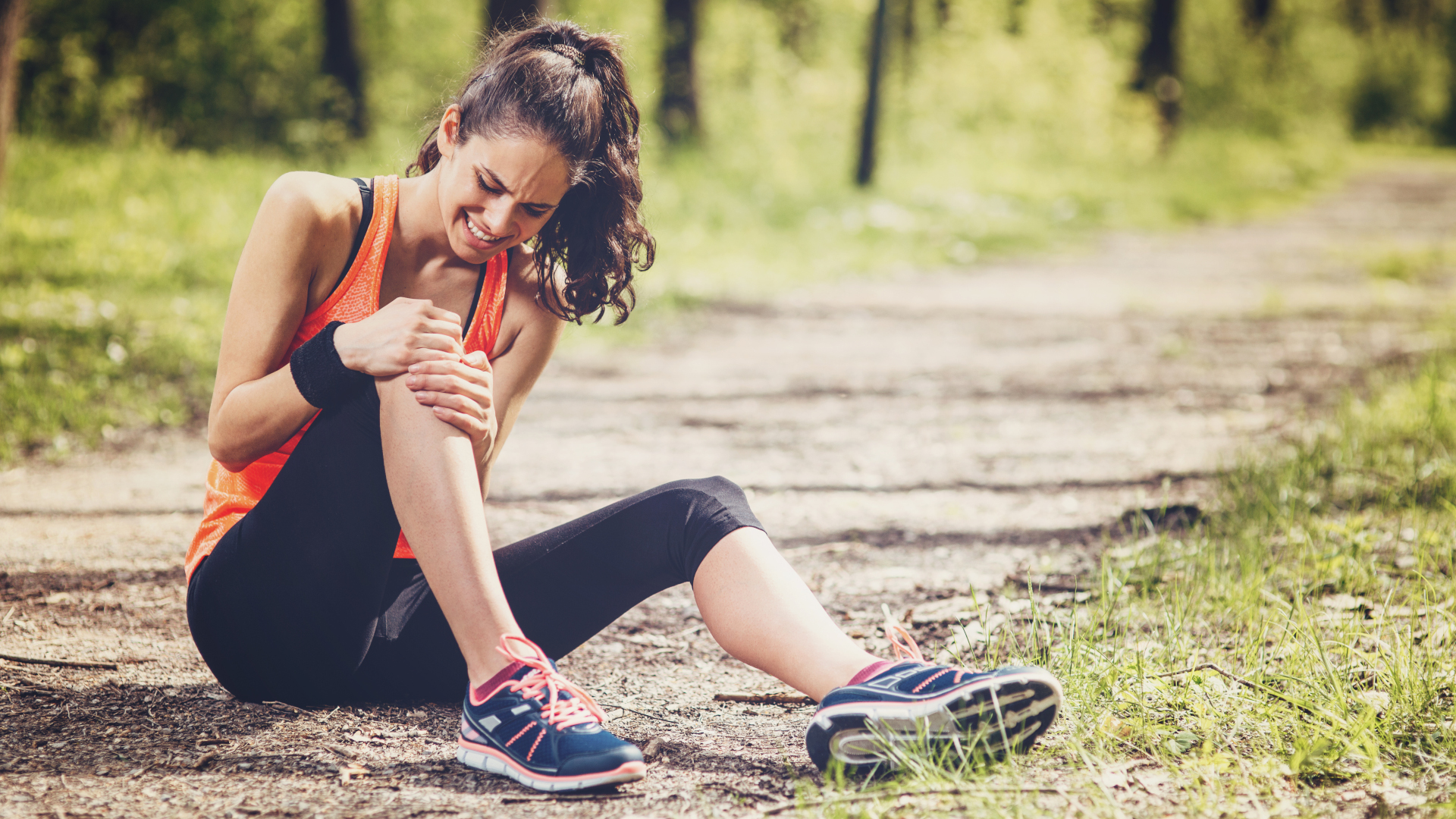
However, I don’t necessarily think that running has to be a distraction, if you approach it in the right way. Assuming you’re smart about your training, you’re hopefully not climbing every day, and so you can save running for your off days and keep it to a moderate pace and distance. As you get fitter, you won’t feel as tired after your runs and it won’t interfere with your climbing.
There’s also the possibility that you could get injured running – a sport somewhat notorious for landing you with repetitive stress injuries such as shin splints and plantar fasciitis – and this could impact your climbing performance. As injuries go, common running injuries are not likely to totally shelve your climbing career, but they could be annoying and distracting.
That said, I’ve never had a running injury prevent me from climbing, but I’ve definitely sprained my ankle at the bouldering wall which meant I had to take a break from running. In all honesty, you could just as easily sprain your ankle falling down the stairs or injure your wrists doing too much typing for work, so there’s perhaps no sense in placing yourself in a bubble, but suffice to say if you get injured on a run and it prevents you from climbing at your usual level, you’ll be mad at yourself.
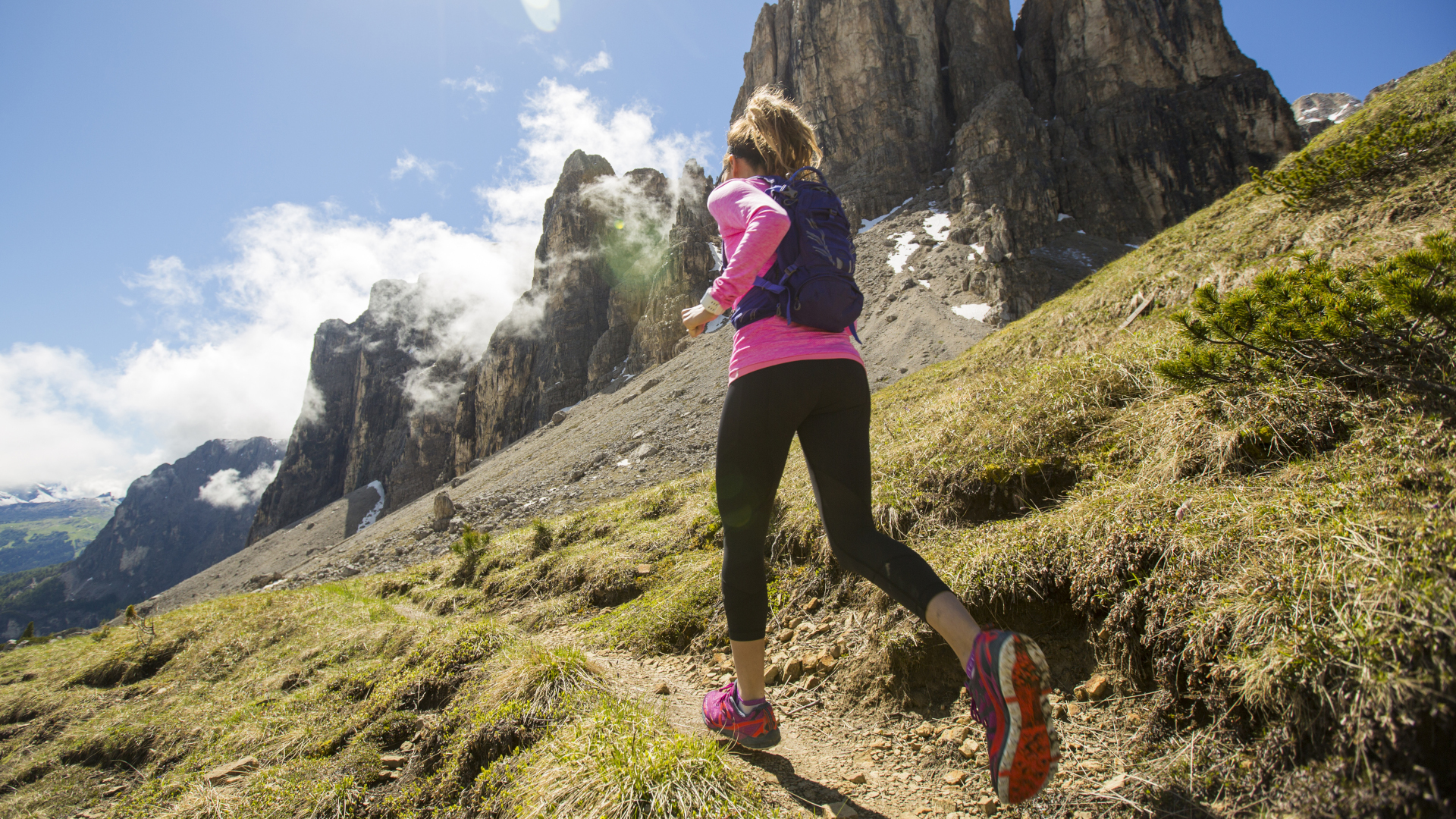
Should rock climbers run?
Ultimately, I think that if you like running, there isn’t a huge argument for not doing it, so long as you’re not running to the point of depletion. It might not train your muscles in a way that helps you get a whole lot better at climbing, but it’s great for your overall fitness and perhaps gives your mental health a boost too.
If you’re convinced by the general health benefits of running but find it boring compared to rock climbing, get off the road and try some trails, where the beautiful scenery and uneven surface might hold your attention better.
If you don’t really like running to begin with and you feel like you already don’t get enough time at the crag, there aren’t any great climbing gains to be made from running regularly, though it would be good to engage in some regular cardiovascular activity, such as hiking, swimming or cycling.
Julia Clarke is a staff writer for Advnture.com and the author of the book Restorative Yoga for Beginners. She loves to explore mountains on foot, bike, skis and belay and then recover on the the yoga mat. Julia graduated with a degree in journalism in 2004 and spent eight years working as a radio presenter in Kansas City, Vermont, Boston and New York City before discovering the joys of the Rocky Mountains. She then detoured west to Colorado and enjoyed 11 years teaching yoga in Vail before returning to her hometown of Glasgow, Scotland in 2020 to focus on family and writing.

